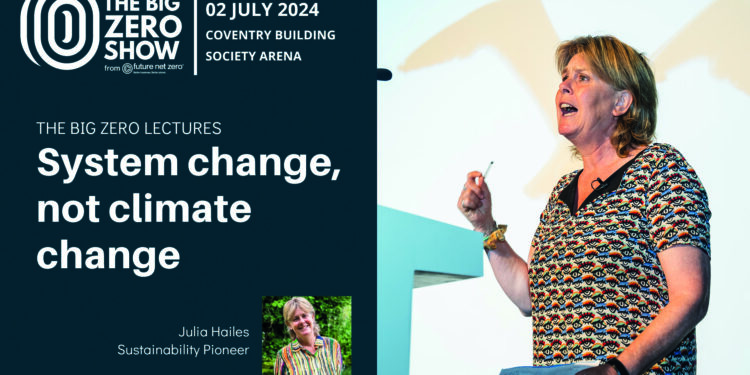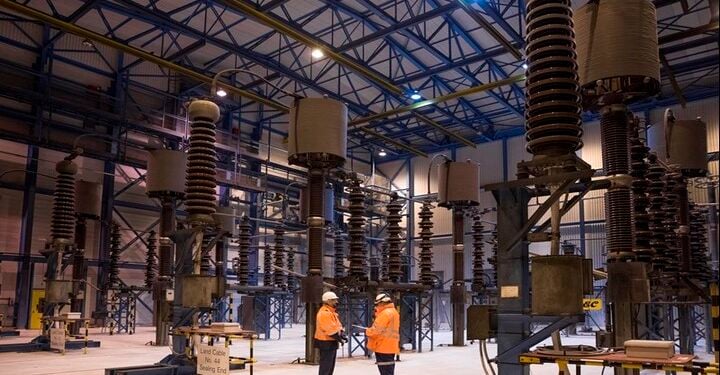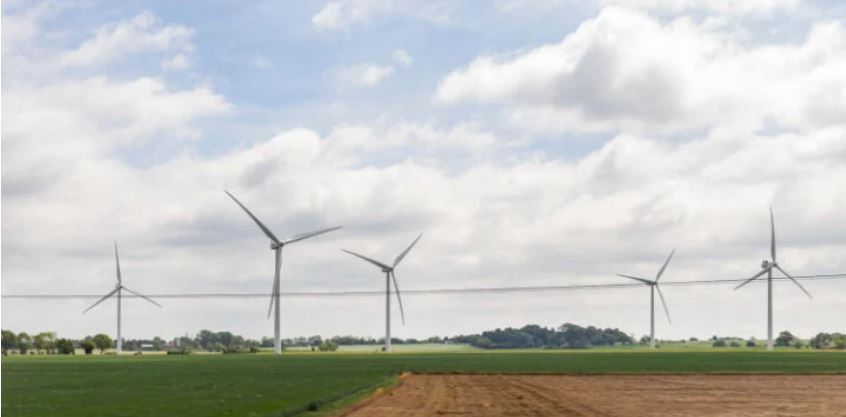The Benefits of Using Market Intelligence in Energy Management Decisions

Managing energy consumption and controlling costs can be challenging, especially with the constant shifts in energy markets due to global events, policy changes, and supply-demand dynamics. Market intelligence is a valuable tool that helps businesses stay ahead of these changes, providing insights to guide smarter energy purchasing and management strategies. By leveraging real-time data on […]
A Brighter Future for Businesses: Record-Breaking Renewable Energy Projects Announced

The U.K. government has just announced a record-breaking number of renewable energy projects approved through their latest auction round! This is a significant milestone in the push for clean power by 2030, driven by the Contracts for Difference (CfD) auction scheme, which has seen a 50% increase in budget allocation. Here’s what this means: – […]
King’s Speech ‘takes brakes off’ Great British Energy

The monarch has revealed 40 draft laws encompassing areas such as the publicly-owned energy company, rail nationalisation, housing and planning. The Labour Government has unveiled its legislative blueprint for Great British Energy, the UK’s publicly owned energy company pivotal to achieving the ‘2030 net zero grid target’. Today, His Majesty The King has announced the government’s legislative agenda. This […]
‘Businesses must focus on system change’

Julia Hailes, a pioneer in sustainability, has emphasised the imperative for businesses to embrace system change to address environmental challenges effectively. Julia Hailes, renowned sustainability advocate and author, delivered a passionate address at The Big Zero Show, stressing the critical need for businesses to shift towards regenerative models in the face of mounting environmental challenges. Ms Hailes, known […]
UK businesses see 12.6% rise in energy costs

UK businesses are now spending 12.6% more on energy compared to last quarter, though costs remain lower than last year, according to a new study. UK businesses are spending an average of £5,160 annually on energy, a 12.6% rise from the previous quarter. That’s according to POWWR’s Quarterly Energy Barometer Report, which suggests this is still 17.7% […]
Ofgem seeks more feedback on electricity interconnector rules

The energy regulator is extending its consultation on the cap and floor regime for electricity interconnectors. Ofgem is extending its consultation on the cap and floor regime for electricity interconnectors included in Window 3. This follows initial consultations in September 2023 on financial parameters for these interconnections. Ofgem is now seeking further feedback on the methodology for setting the cap rate, […]
Flagship Energy’s Tejal Shah Energy Markets Update – 17th July 2024

Tejal Shah, Head of Trading & Risk at Flagship Energy provides a market update. 1) What’s happening in the markets and why? Renewed concerns around LNG supply saw gas prices push up above 5% on the UK front month contract yesterday. Following Hurricane Beryl, the startup of the Freeport LNG export facility in Texas has […]
Industry welcomes pledge to lift onshore wind ban in England

RenewableUK has highlighted that lifting the nine-year ban on onshore wind could notably improve the UK’s energy security. The renewable energy sector has expressed support for Labour’s announcement to lift the de facto ban on onshore wind in England. The pledge, made by Ed Miliband, Shadow Secretary of State for Climate Change and Net Zero, at RenewableUK’s […]
‘Businesses want certainty from their energy providers’

In a future net zero podcast, Anthony Ainsworth, Chief Operating Officer for npower Business Solutions told us that sustainability will help businesses grow. We’re going to have to speed up the planning process to meet net zero targets. This is what Anthony Ainsworth, Chief Operating Officer, npower Business Solutions said in this episode of the […]
Future of energy is local, says Chris Skidmore at The Big Zero Show

Chris Skidmore, Former UK Cabinet Minister for Energy and Chair of the Net Zero Review, has emphasised the importance of local solutions for the net zero transition. The Big Zero Show kicked off with Chris Skidmore as the headline speaker for The Big Zero Lectures. The event saw engaging discussions on climate action and net zero strategies. In […]




